Power Generation in an Emergency
Natural disasters are coming to the forefront of many people’s minds. Ice storms this winter leaving people without power for a week or more in freezing weather or hurricane’s Gustov and Ike devastating coastal communities with outages of 3-4 weeks or more are making people aware of the need for some kind of emergency or local power generation.
Many are turning to installations of emergency generators at a cost of $8,000 – $12,500 or more to ensure they don’t have to do without power in a natural disaster. That’s money well spent if its ever needed but the problem is that it is never used unless needed.
Solar photovoltaics on houses are now being considered as power supply options on a yearly basis. States like Louisiana have net metering and allow the homeowner to produce power when the sun shines and send it into the grid and then purchase power from the grid as needed. More sophisticated systems can even use battery back up systems to be “off the grid” or in the case of natural disasters, self reliant.
When looking at options to go solar some of the considerations might include:
1. What are the primary and secondary benefits of solar vs other power production options?
2. How can house design minimize the cost of power production options?
3. What is the reliability of a damaged solar cell vs. a damaged back up generator?
4. What are the tax benefits to the homeowner for solar installations?
5. Can a generator be designed to produce hot water in addition to power? If so, at what cost?
Living in both Louisiana and Texas these last 4 years, natural disasters that take out power grids are a real force to be reconned with. What are your thoughts and ideas on dealing with hurricanes, ice storms, earthquakes, and flooding?

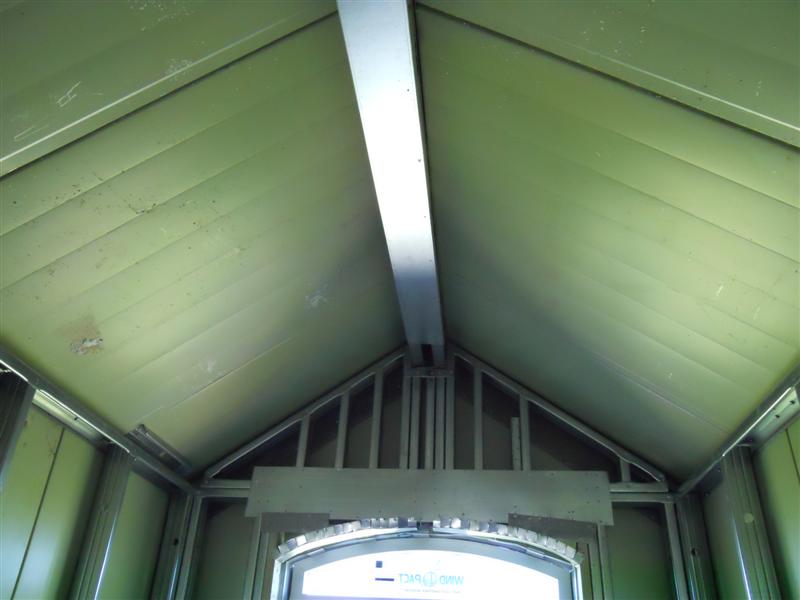

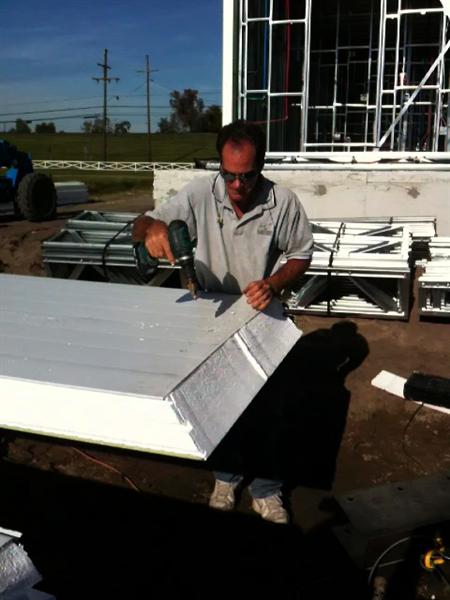
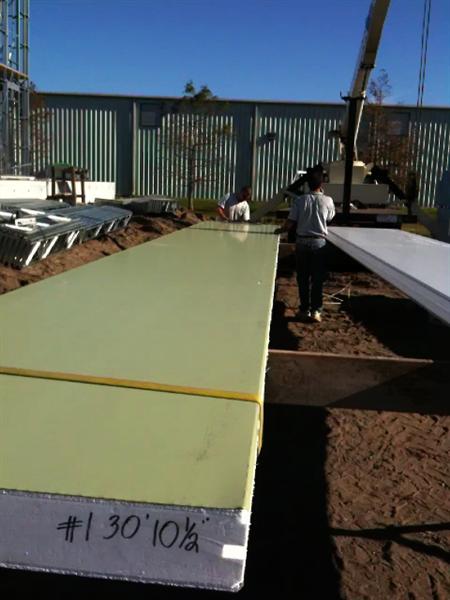
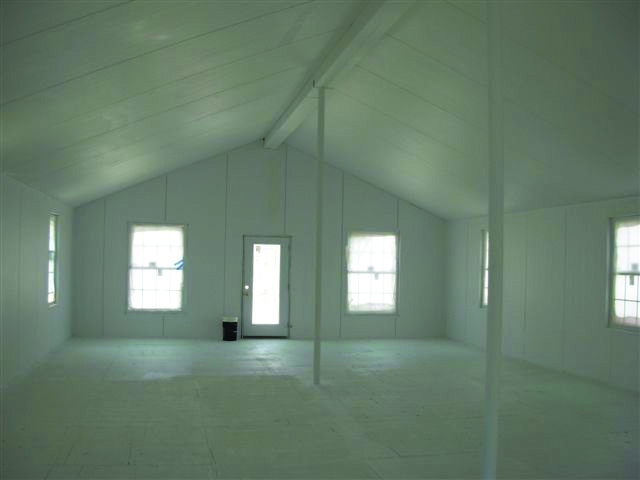
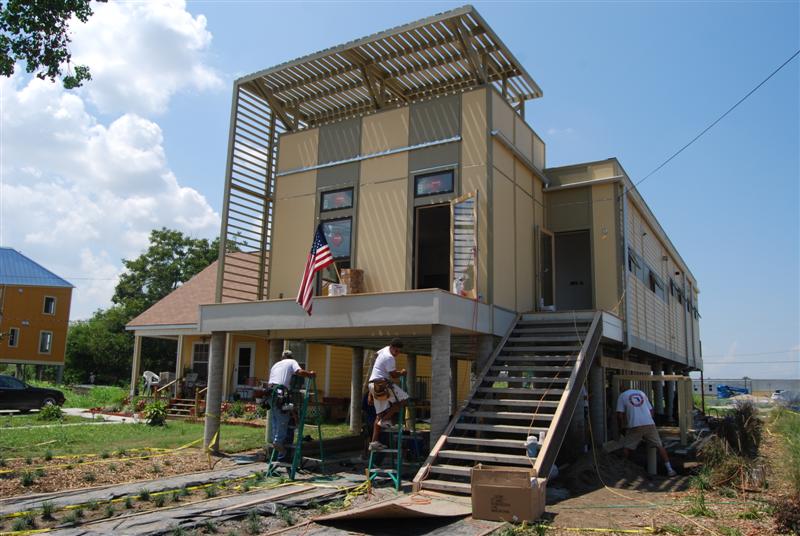
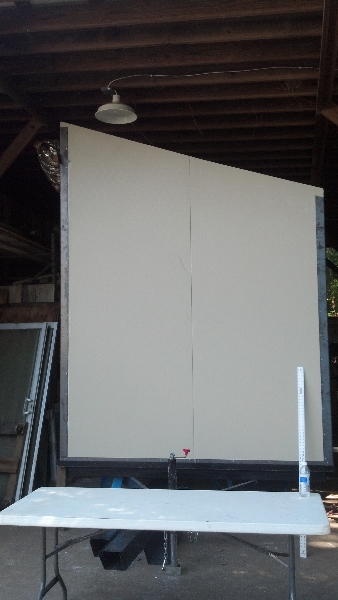

With the current tax incentives in place it makes much more sense to consider solar over a standby generator that you might use a couple of weeks out of the year. There is no return on investment to a standby generator other than convenience. With the current tax incentives and being able to sell power back to the grid using the power from the sun it really makes solar an attractive, affordable and smart alternative to the problems we deal with for power outages during storms.